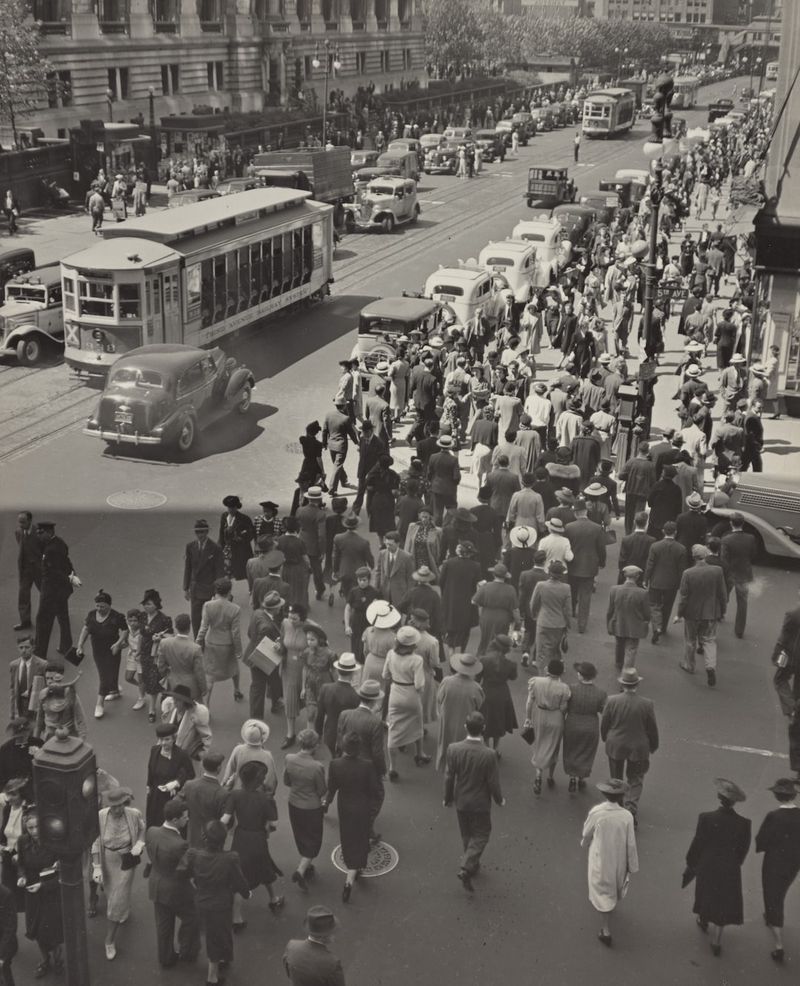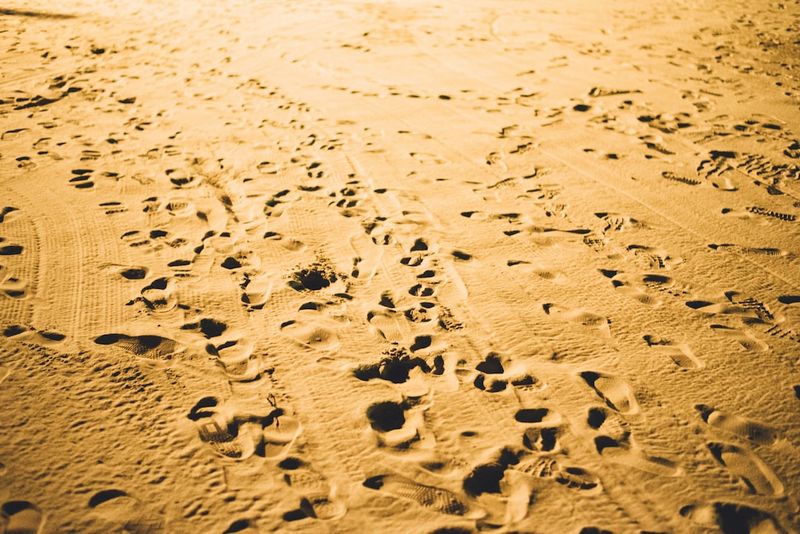Barbados: The Legacy of Slavery
The Historical Context
Barbados, a small island nation in the Caribbean, holds a picturesque image of white sandy beaches and crystal blue waters. However, beneath the surface, it grapples with the weight of its past – a brutal and bloody history of slavery. As the first British slave society in the Caribbean, Barbados became the testing ground for the legal and economic model of ‘chattel’ slavery that would persist for centuries.
A New Chapter of Independence
In a historic move, just two years ago, Barbados cast off four centuries of British rule and established itself as the world’s newest republic. This monumental shift marked a crucial step towards self-determination and autonomy. However, as the nation takes control of its own future, it cannot escape the burden of the injustices inflicted upon its people during the era of slavery.
The Demand for Reparations
Barbados, like many other nations with a history of slavery, is now calling for reparations. They seek to hold powerful institutions accountable, including the British royal family and the living relatives of past slave owners. The goal is to make amends for the sins of their ancestors and address the ongoing consequences of slavery in modern-day Barbados.
Reckoning with the Injustices of the Past
Reckoning with the injustices of the past is a complicated and multifaceted task. It involves not only addressing the economic disparities that persist due to the historical exploitation of Black people but also confronting the psychological trauma and cultural erasure that slavery inflicted upon generations. The demands for reparations extend beyond financial compensation, reaching into the realm of societal acknowledgment and reconciliation.
Who Should Pay?
The central question now arises – who should bear the responsibility of paying reparations for the legacy of slavery in Barbados? It is an issue that raises profound philosophical and ethical dilemmas.
British Responsibility
As the first British slave society in the Caribbean, Barbados points to the British monarchy as a key institution responsible for the perpetuation of slavery. The colonial powers that shaped the enslaved people’s destinies bear a moral responsibility for the historical atrocities committed. This responsibility goes beyond mere acknowledgment; it demands concrete actions to address the lasting effects of slavery on present-day Barbadians.
The Living Relatives
Another facet of the reparations debate is the role of the living relatives of past slave owners. Inherited wealth, privilege, and generational advantages trace back to the exploitative systems established during the era of chattel slavery. Holding the contemporary beneficiaries accountable for the past deeds of their ancestors is seen as a means of rectifying the enduring economic disparities rooted in historical injustice.
International Community:
Additionally, the international community has a role to play in facilitating reparations. Global institutions, such as the United Nations, should advocate for justice and support the efforts of nations like Barbados in seeking reparatory measures. Recognizing the collective responsibility and shared history of slavery can help foster a global dialogue on the lasting consequences of this dark chapter in human history.
Conclusion: Toward a Just Future
Barbados, as it forges its path as a republic, stands as a symbol of resilience and determination in the face of a painful history. The demands for reparations are not solely about financial compensation; they represent a larger quest for justice, acknowledgement, and reconciliation. By confronting the past, Barbados encourages other nations to engage in self-reflection and to address the systemic inequalities and discrimination that persist today. The legacy of slavery must be reckoned with if we are to build a future rooted in fairness and equality.
As discussions around reparations continue, it is crucial for nations and individuals to collaborate honestly and earnestly, with a commitment to understanding the depth of historical wounds. Only then can we move forward on a path toward healing and creating a more inclusive and just world.

<< photo by The New York Public Library >>
The image is for illustrative purposes only and does not depict the actual situation.
You might want to read !
- Romney bows out: Brace for hurricane season – Up First briefing
- Breaking the Silence: R U OK?Day 2023 Shines Light on the Power of Listening
- “From Escape to Retriction: The Capture of Pennsylvania Prison Escapee Danelo Cavalcante”
- Battle Down Under: The Ultimate Showdown – Pakistan vs Sri Lanka in Asia Cup 2023 Super 4 Cricket Match
- Australian Outback Opus: Matthew McConaughey Joins the Cast of Yellowstone
- “The Creative Journey: Martin Scorsese’s Rewrite of ‘Killers of the Flower Moon’”
- “Bharat Takes Centre Stage: India’s Government Reclaims Ancient Identity”
- “The Controversial Legacy of William Crowther: Reckoning with Tasmania’s Troubled Past”
- End of an Era: Power Couple Andrew and Nicola Forrest Part Ways After Three Decades
- Tasmania’s Reckoning: Hobart Takes Down Controversial Colonial-era William Crowther Statue
- “Independence Day 2023: Celebrating Australia’s Journey Towards Unity and Nationhood”
- Paradise Tides: Exploring Jimmy Buffett’s Enduring Musical Legacy Down Under
- “Mourning the Loss: Remembering the Legendary Aussie Favourite, Jimmy Buffett”
- “Hilarity Amid Chaos: A Review of ‘Vacation Friends 2’ – A Last Resort Filled with Laughter”
- Cricket Clash Down Under: Battle of Titans in Asia Cup 2023 Super 4!
- “A Ghostly Encounter: Exploring Kenneth Branagh’s 20th Film Set in Venice”
- From K-Pop Star to Worldwide Sensation: The Remarkable Journey of Rowoon
- 5 Tips to Outsmart the Notorious Tourist Scam in Mexico
- Perth Weather Alert: Unleashing Nature’s Fury – Live Updates!
- “The Showdown Down Under: Peru vs Brazil – Live Stream, TV Channel, and Lineups Revealed!”
- Queen of the Stage: Tina Turner Musical to Steal the Spotlight at NRL …
- “Burning out or finding new sparks? Unveiling the verdict on ‘Greek Wedding 3′”
- Rethinking Traditional Nightlife: Travis Scott and Diddy Shake Up the Strip




